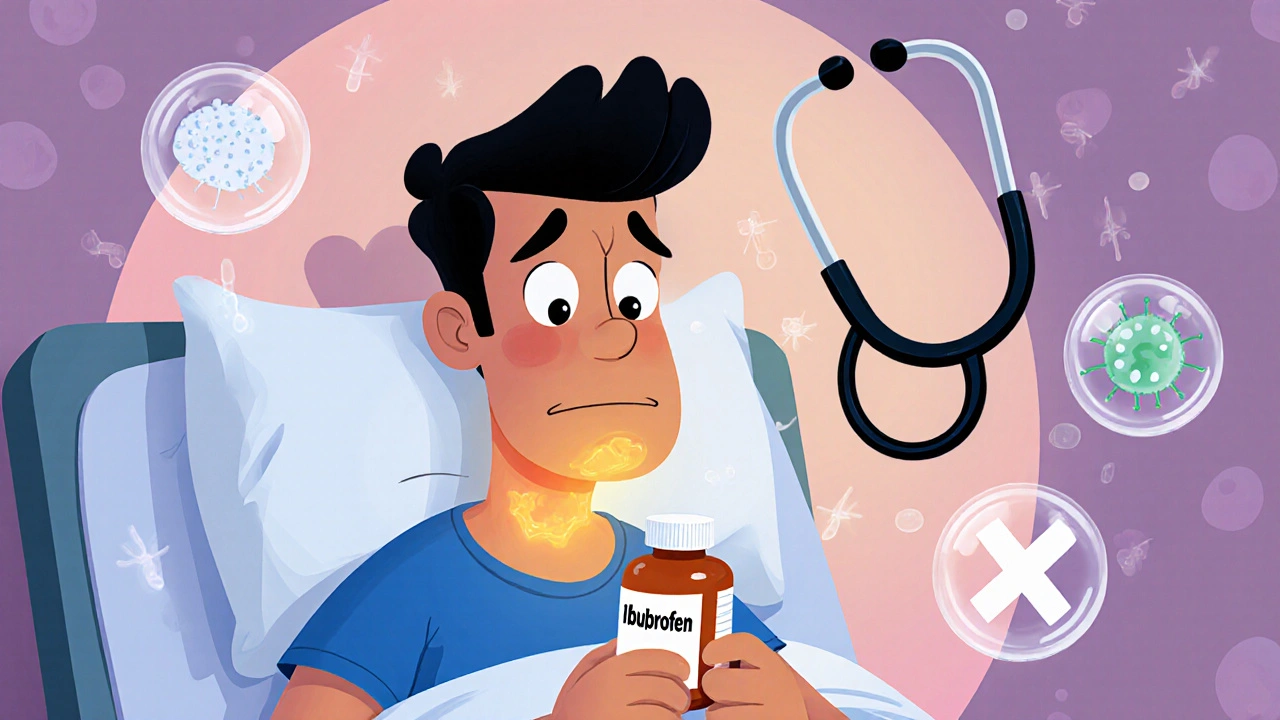Drug Reactions: What They Are, Why They Happen, and How to Stay Safe
When your body responds unexpectedly to a medication, that’s a drug reaction, an unintended response to a medication that can range from mild discomfort to a life-threatening emergency. Also known as adverse drug reactions, these events happen when a drug does more than just treat your condition—it triggers something your system wasn’t prepared for. It’s not always an allergy. Sometimes it’s just your liver struggling to process the pill, or your gut reacting to a new chemical. But no matter the cause, a drug reaction is your body’s way of saying something’s off.
These reactions aren’t rare. One in five people will experience an unpleasant side effect from a medication at some point. Some are harmless—like a little nausea or drowsiness—but others can be dangerous. A drug interaction, when two or more medications or substances clash in your body can turn a safe dose into a crisis. Coffee, chocolate, or even grapefruit juice might be hiding in your routine, quietly messing with how your drugs work. And then there’s the allergic drug reaction, a true immune system overreaction that can cause swelling, trouble breathing, or a full-blown anaphylactic shock. These don’t always show up on the first try—you might take a drug safely for months before your body suddenly says no.
What makes this even trickier is that not all reactions are obvious. Some build up slowly—like liver damage from too much acetaminophen, or cognitive decline from long-term anticholinergics. Others sneak in through generics, where tiny differences in fillers or manufacturing can trigger a reaction in someone who’s never had one before. Even something as simple as taking a pill on an empty stomach instead of with food can change how your body handles it, leading to unexpected side effects.
You’re not alone if you’ve ever wondered whether that rash, headache, or weird fatigue came from your meds. The good news? You don’t have to guess. The posts below break down real cases, from how Voveran can cause stomach bleeding to why chocolate might interfere with your antidepressant. You’ll find clear comparisons of common drugs like Compazine and Zofran, warnings about probiotics for people on immunosuppressants, and how to spot hidden dangers in everyday combinations. Whether you’re managing chronic pain, dealing with a new prescription, or just trying to avoid a bad reaction, this collection gives you the facts you need—no fluff, no jargon, just what matters.

